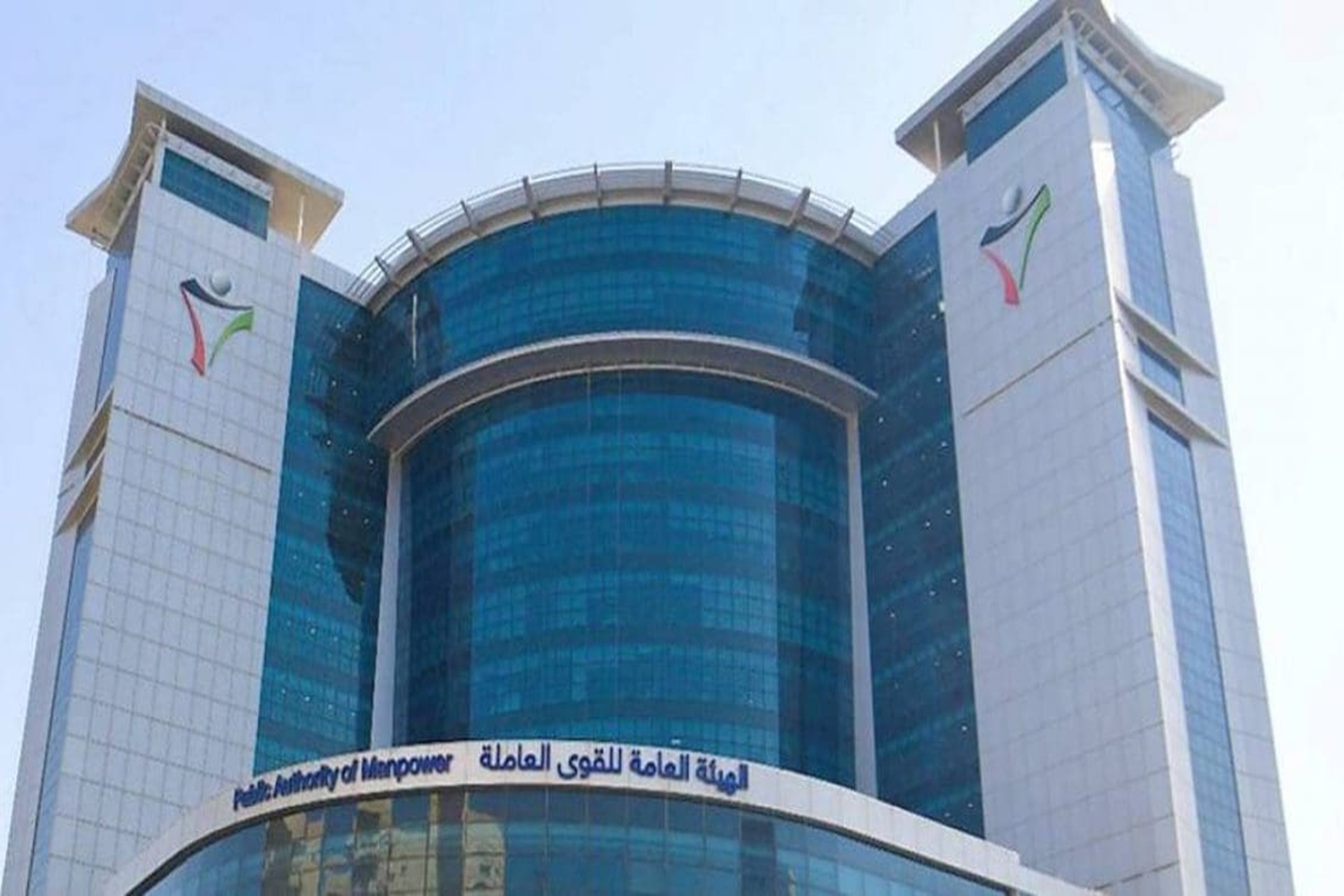
Workforce in Kuwait: Balanced Policies for Building a Sustainable Labor Market

The workforce in Kuwait, comprising both national and expatriate employees, constitutes a fundamental pillar of the Kuwaiti economy. National labor plays a key role in realizing Kuwaits long-term vision, while expatriate labor remains essential in supporting the countrys development projects. Under the framework of Kuwait Vision 2035, the government seeks to enhance the role of national employees and develop their skills to meet the evolving needs of the labor market. At the same time, it aims to reduce dependence on expatriate labor in certain sectors through improvements in education and training programs. These initiatives are designed to prepare national cadres in line with market requirements, thereby increasing their opportunities to work in the private sector. The government is also modernizing labor laws to provide a conducive work environment for national employees and establish a fair balance between the rights of workers and employers. Additionally, financial incentives and administrative facilities are offered to encourage the private sector to employ nationals. Expatriate labor remains a core component of Kuwaits economy, contributing significantly across a wide range of sectors—from construction and infrastructure to services, trade, and industry. Historically, the presence of expatriate labor in Kuwait dates back to the 1950s, when the country began developing its infrastructure and economy following the discovery of oil. By the 1970s and 1980s, Kuwait had become one of the largest destinations for expatriate workers in the region. At the start of the 20th century, Kuwait relied primarily on pearl diving and trade. Following the discovery of oil in 1938, the country transitioned to a petroleum-based economy, creating a growing need for labor. By the mid-20th century, Kuwait recruited large numbers of workers from countries such as Egypt, Iraq, and India for various development projects. Over time, these numbers grew significantly, especially after independence in 1961, when Kuwait expanded its infrastructure and strengthened its economy, recruiting additional workers from the Philippines, Bangladesh, Nepal, and other countries. According to the most recent official statistics, expatriate workers now account for more than 84% of Kuwaits labor force. The majority are employed in the private sector, across sectors including construction, industry, healthcare, and education. Their contribution helps balance supply and demand in the labor market, meet the economys growing needs, and support sustainable development. As part of its long-term development plans extending to 2035, and in line with anticipated economic transformations, the government continues to improve the conditions of expatriate workers through ongoing updates to legislation that ensure protection of their rights and provide safe working environments. Law No. 6 of 2010 Regarding Labor in the Private Sector is a cornerstone of labor regulation in Kuwait. It clearly defines the rights and obligations of employees and employers, covering wages, working hours, leave entitlements, rest periods, and rights upon termination of employment. The law obliges employers to provide a safe and healthy work environment, comply with occupational safety regulations, provide healthcare through insurance, and pay end-of-service benefits upon contract completion. It also protects workers from arbitrary dismissal, stating that “an employee may not be dismissed except for legitimate reasons provided by law, and such dismissal must follow legal procedures.” Employees have the right to file grievances or complaints against employers, which the competent authorities are required to review fairly. Additionally, the Law on the Residence of Foreigners regulates the entry and exit of expatriate workers, sets the conditions for residence and employment, and establishes penalties for violations related to work visas. The government is currently preparing new legislation in this area to align with the economic goals of Kuwaits new development era. Through balanced policies, national skills development programs, and careful regulation of expatriate labor, Kuwait is advancing toward a sustainable labor market that meets its developmental ambitions and reinforces long-term economic stability.

